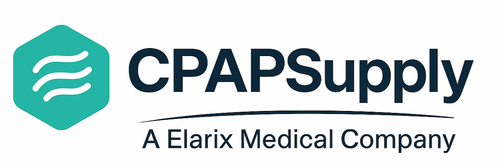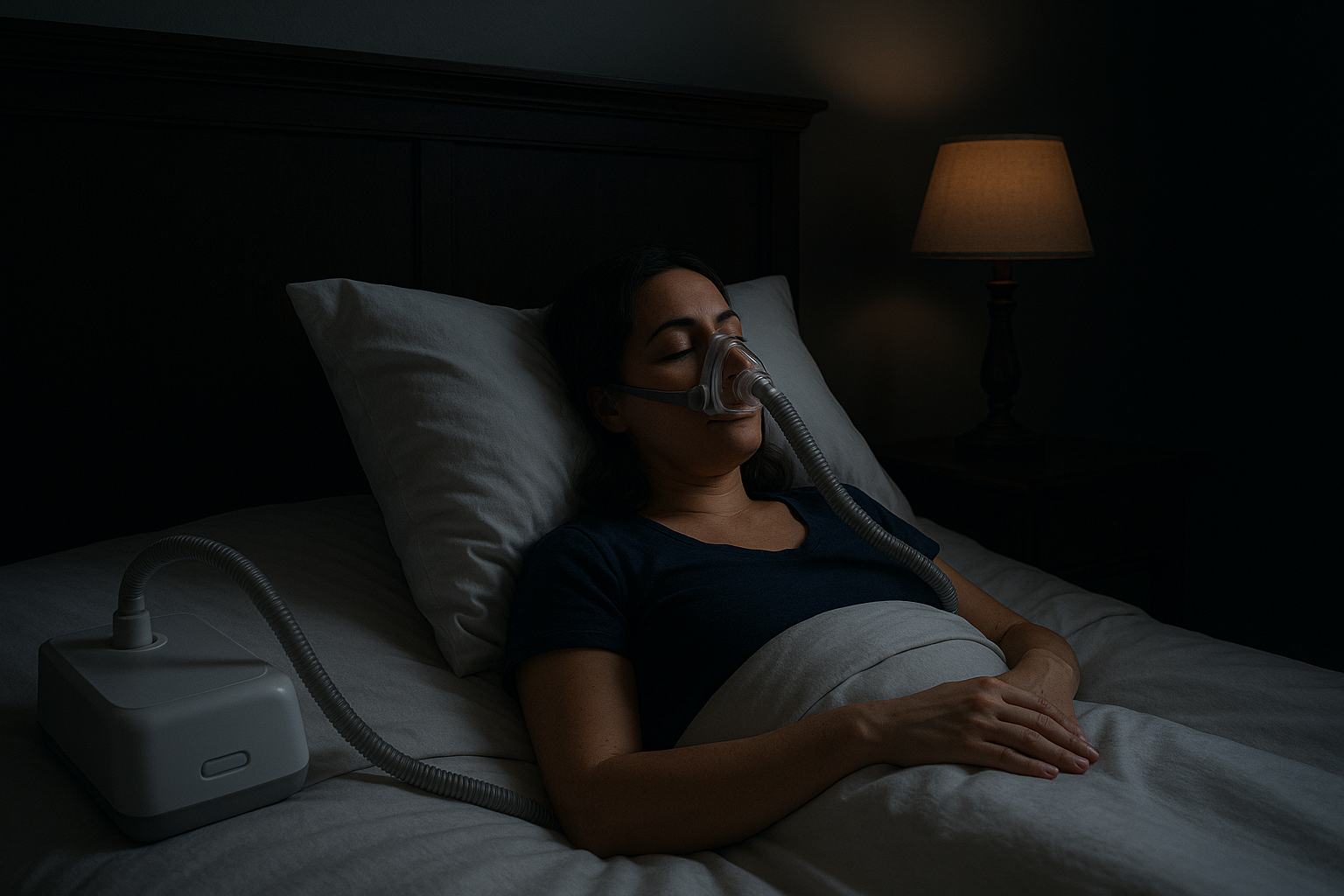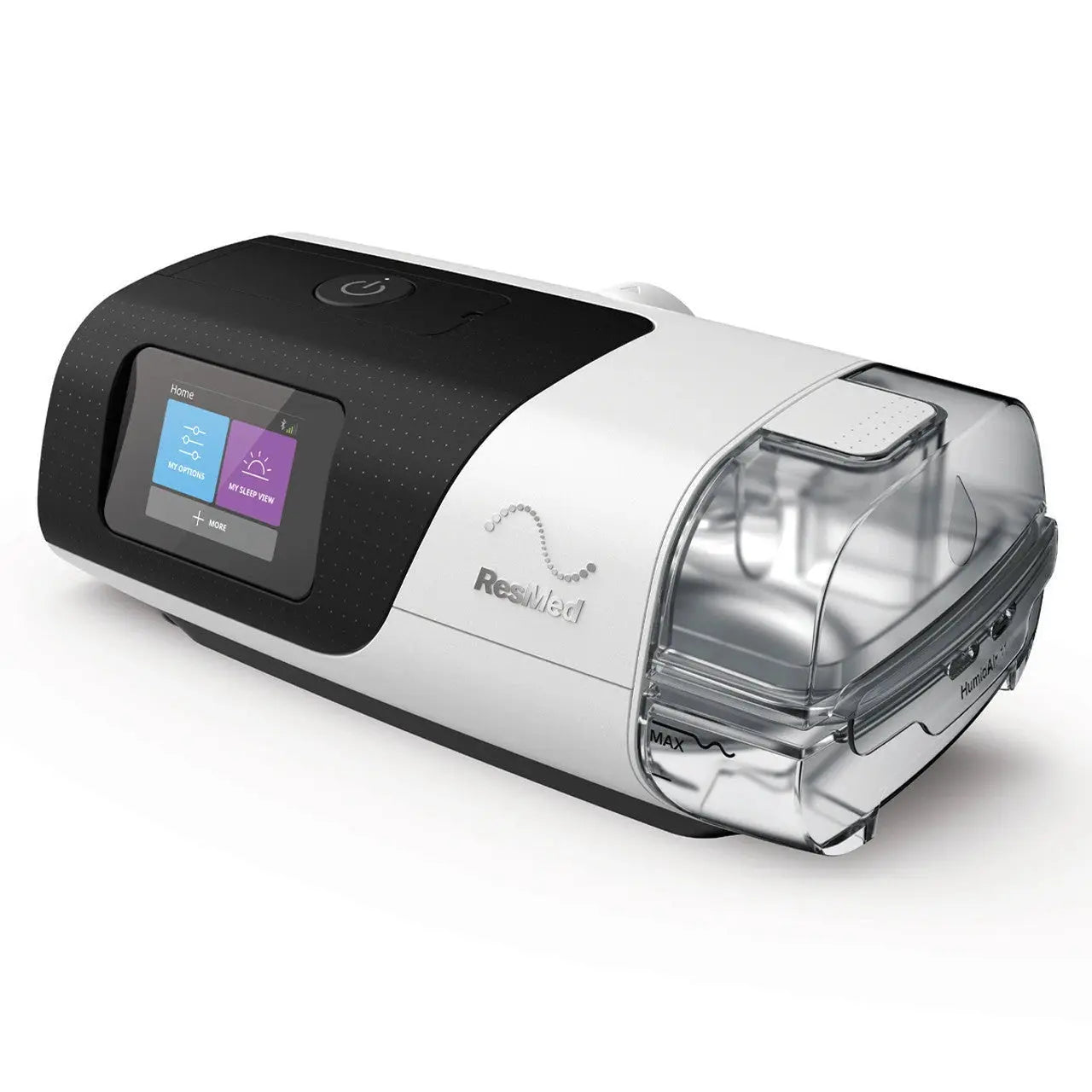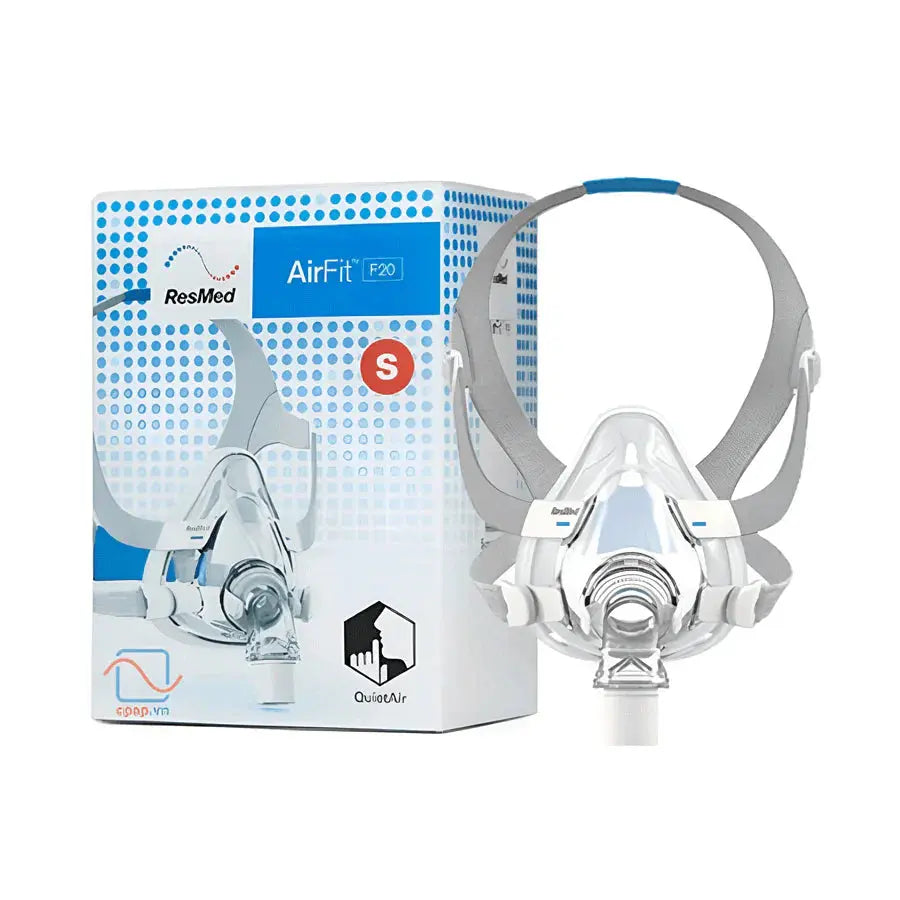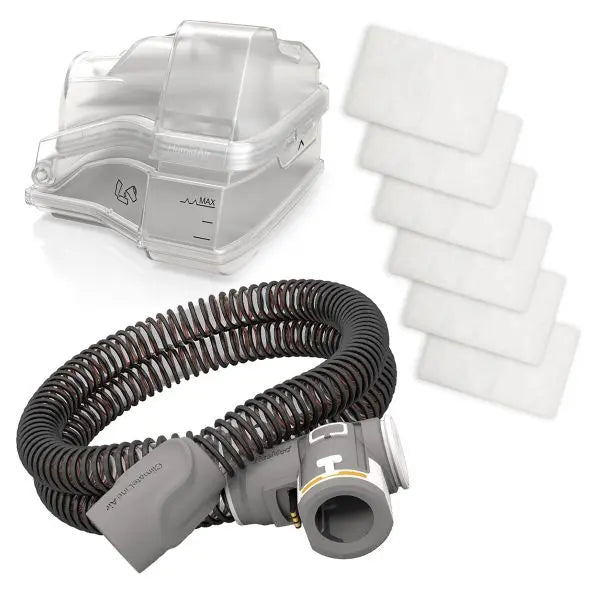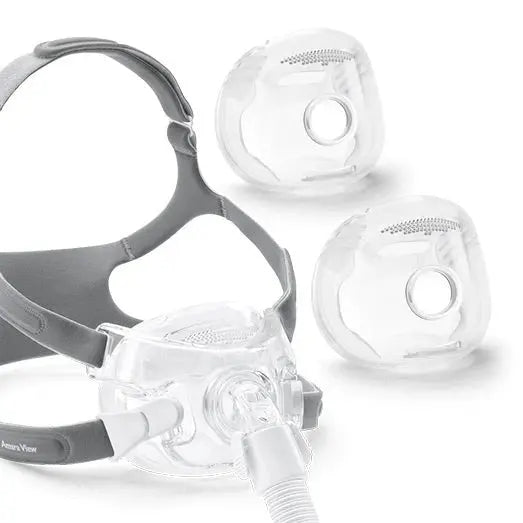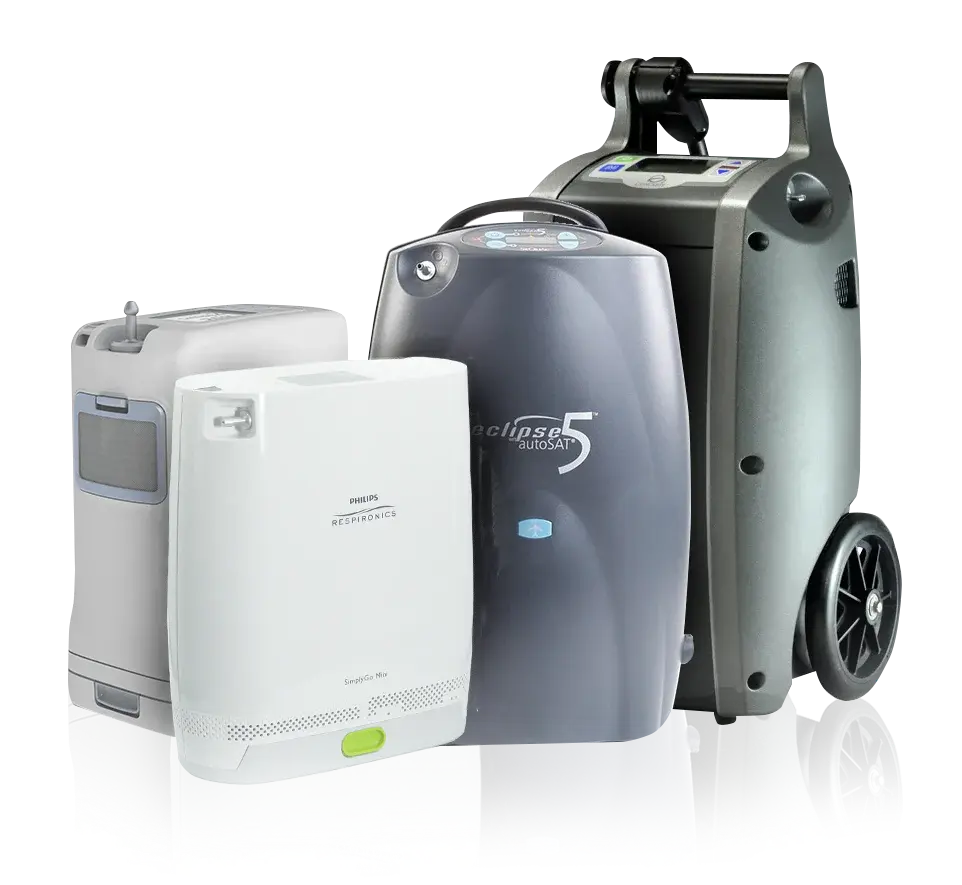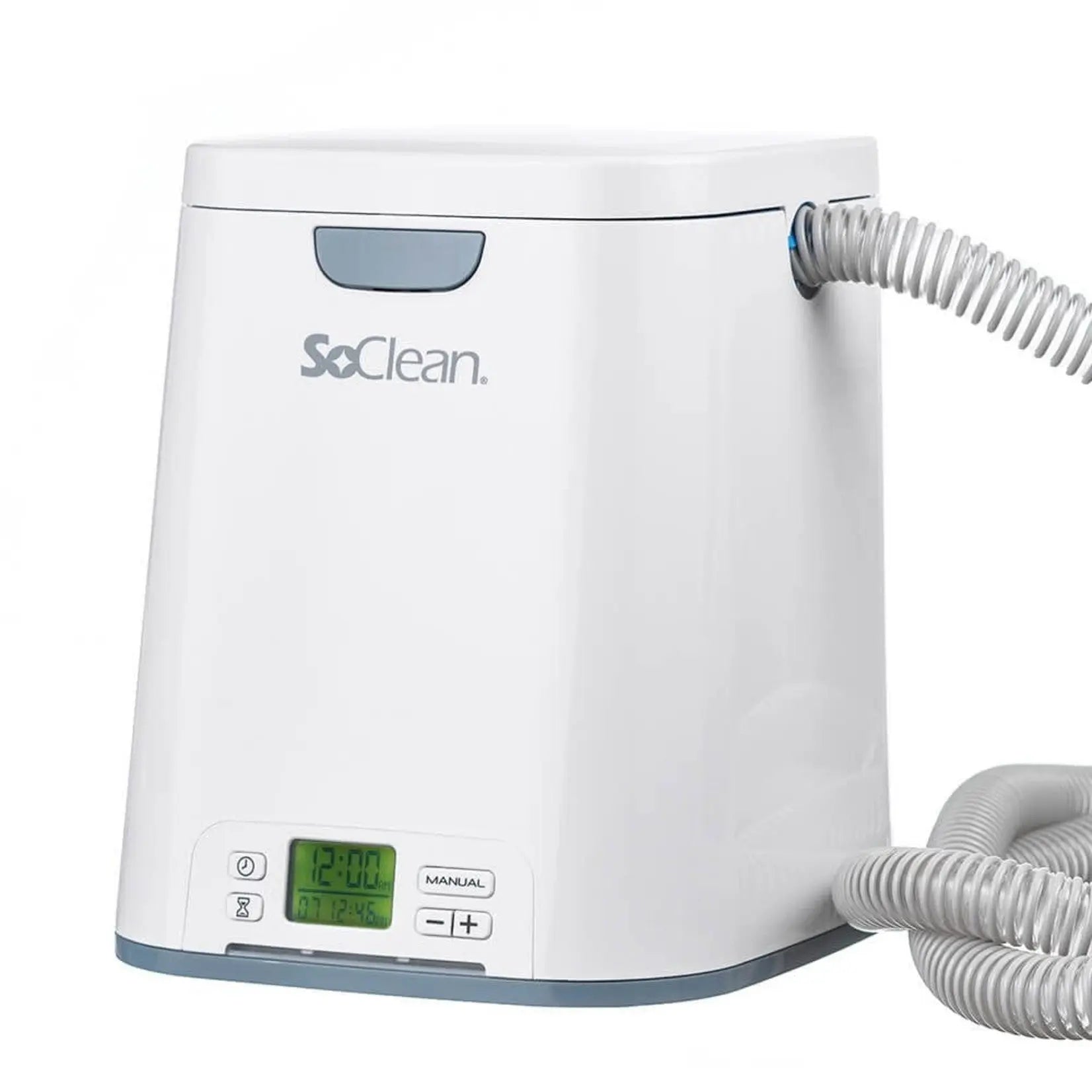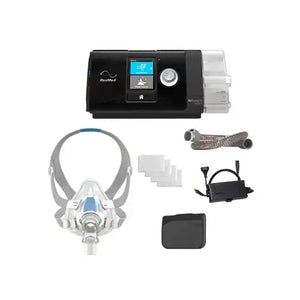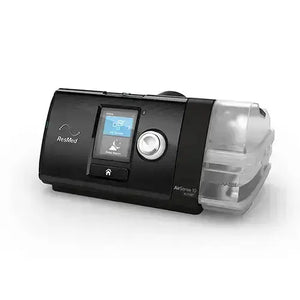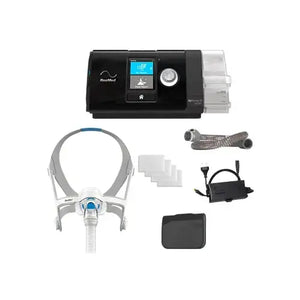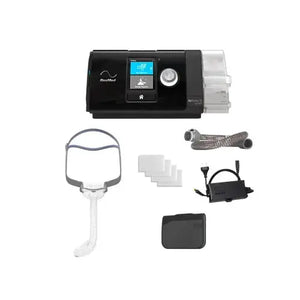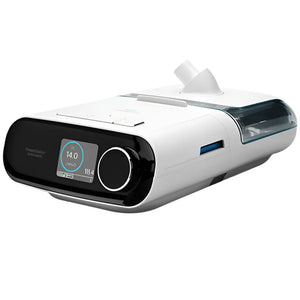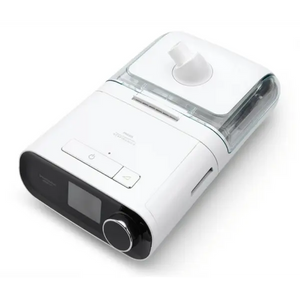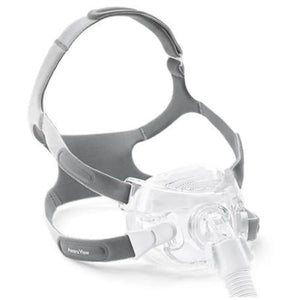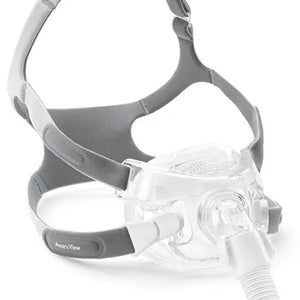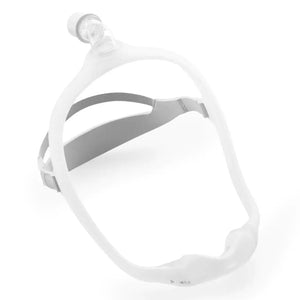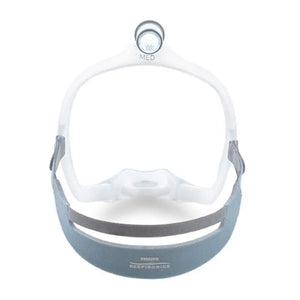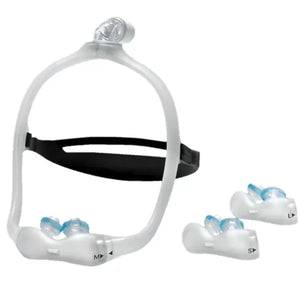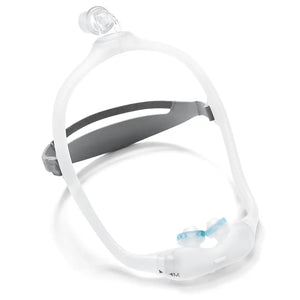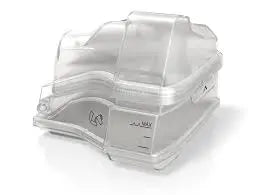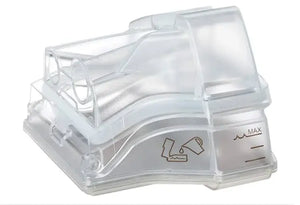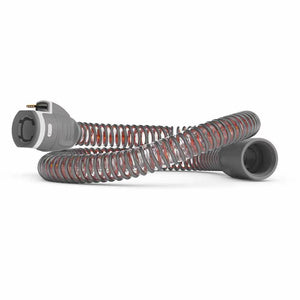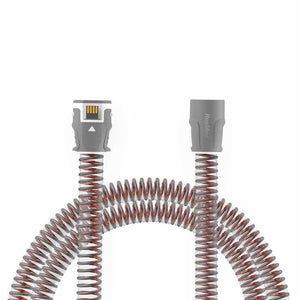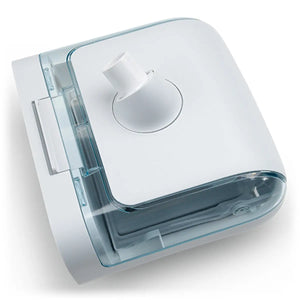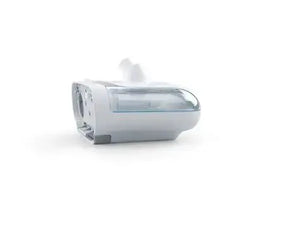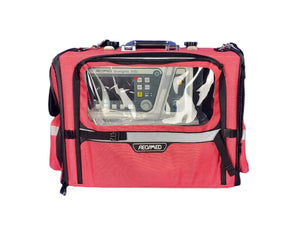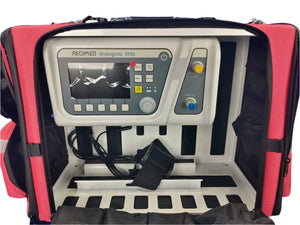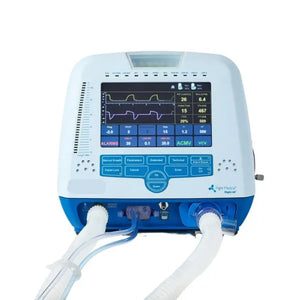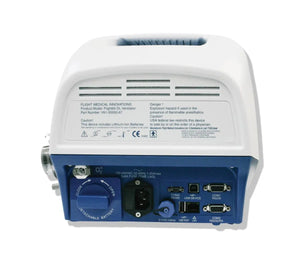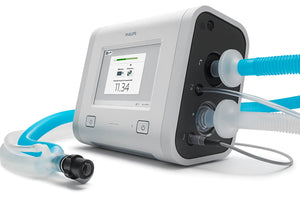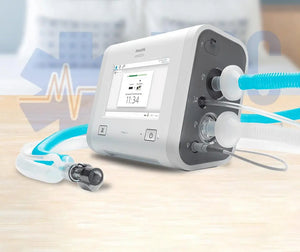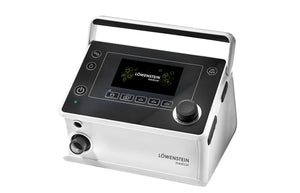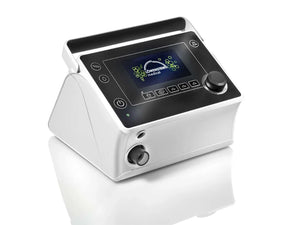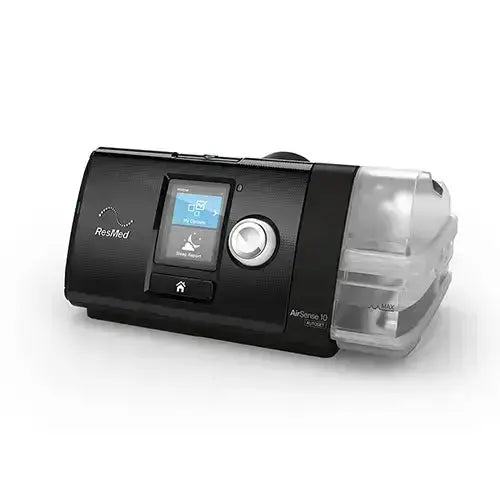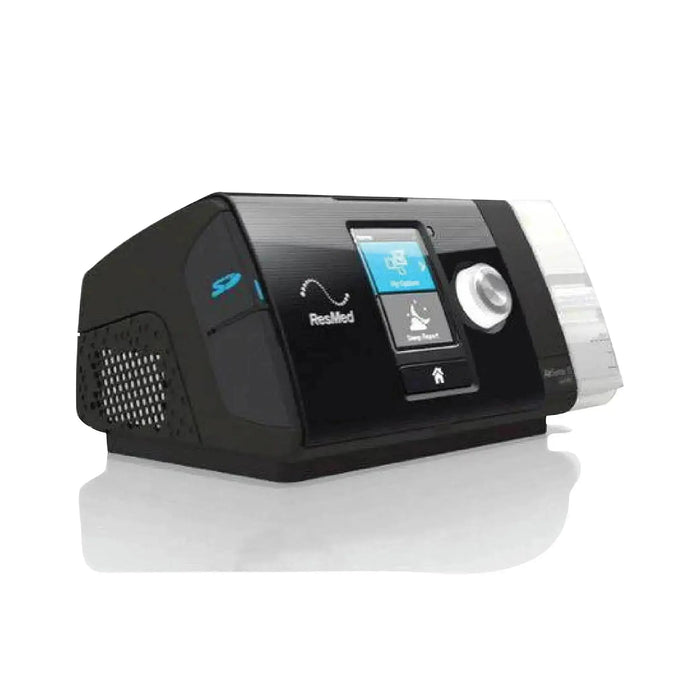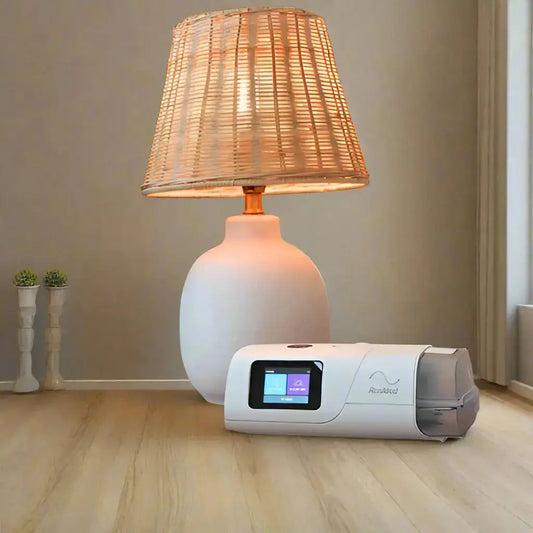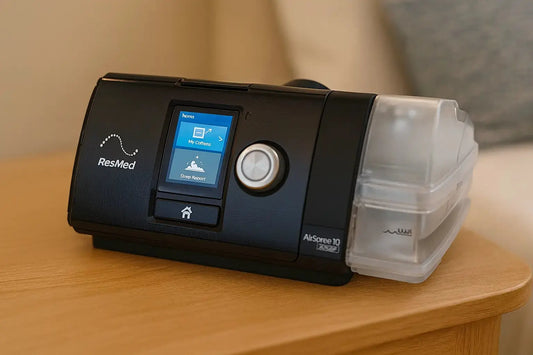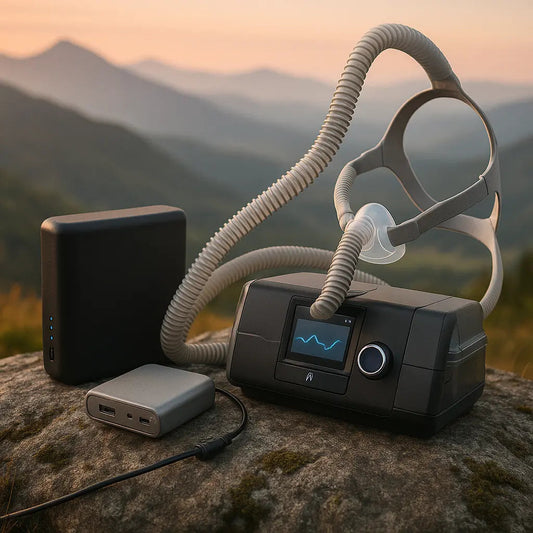Browse all our CPAP Supplies
-
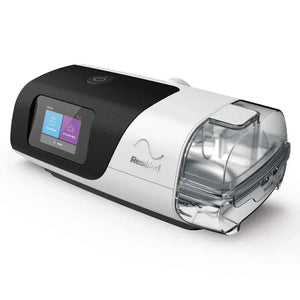
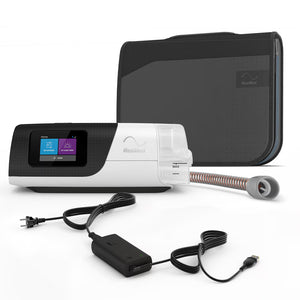 Vendor:ResMed
Vendor:ResMedResmed AirSense 11 AutoSet - Complete device package
Regular price £747.99Regular price -
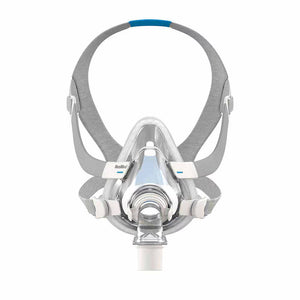
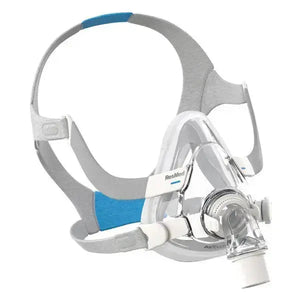 Vendor:ResMed
Vendor:ResMedResMed AirTouch F20 Full Face Mask
Regular price £104.99Regular price -
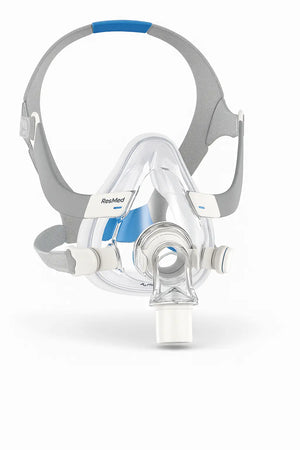
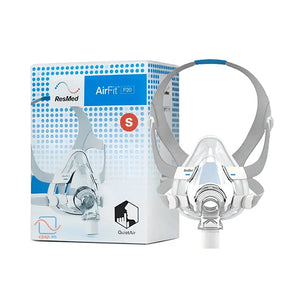 Vendor:ResMed
Vendor:ResMedResmed AirFit F20 Full Face CPAP Mask with QuietAir
Regular price £95.99Regular price -
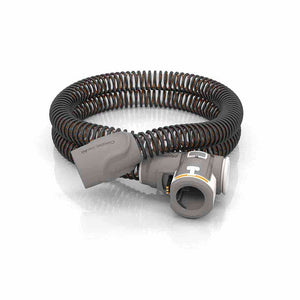 Vendor:ResMed
Vendor:ResMedResMed ClimateLineAir 10 Heated Tube -Ref 37298
Regular price £39.99Regular price -
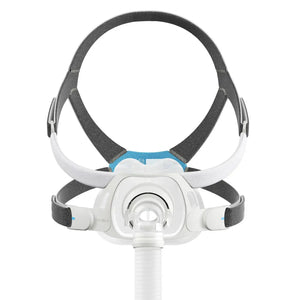
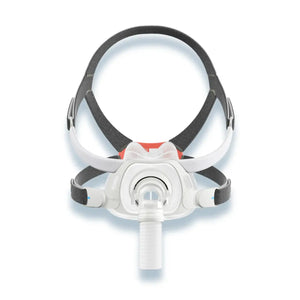 Vendor:ResMed
Vendor:ResMedResmed AirFit F40 Full Face CPAP Mask
Regular price £111.99Regular price -
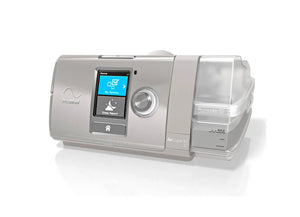
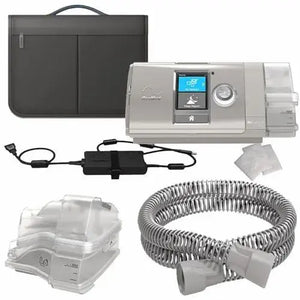 Vendor:ResMed
Vendor:ResMedResMed AirCurve 10 ST-A BiLevel CPAP Machine With HumidAir- Complete Bundle
Regular price £1,729.99Regular price -
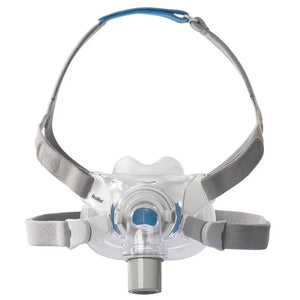
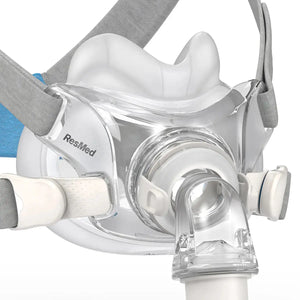 Vendor:ResMed
Vendor:ResMedResmed AirFit F30 Full Face CPAP Mask
Regular price From £104.99Regular price -
Save £7.00
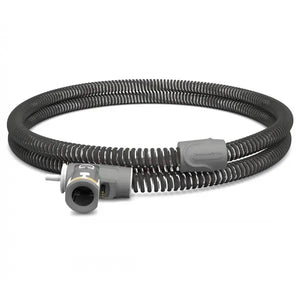
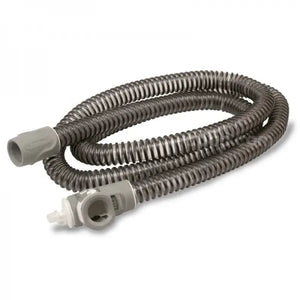 Vendor:ResMed
Vendor:ResMedResMed S10 ClimateLineAir Oxy CPAP
Regular price £92.99Regular price£99.99-£7.00 Sale price £92.99
Oxygen Concentrators
Home & Portable Oxygen Solutions
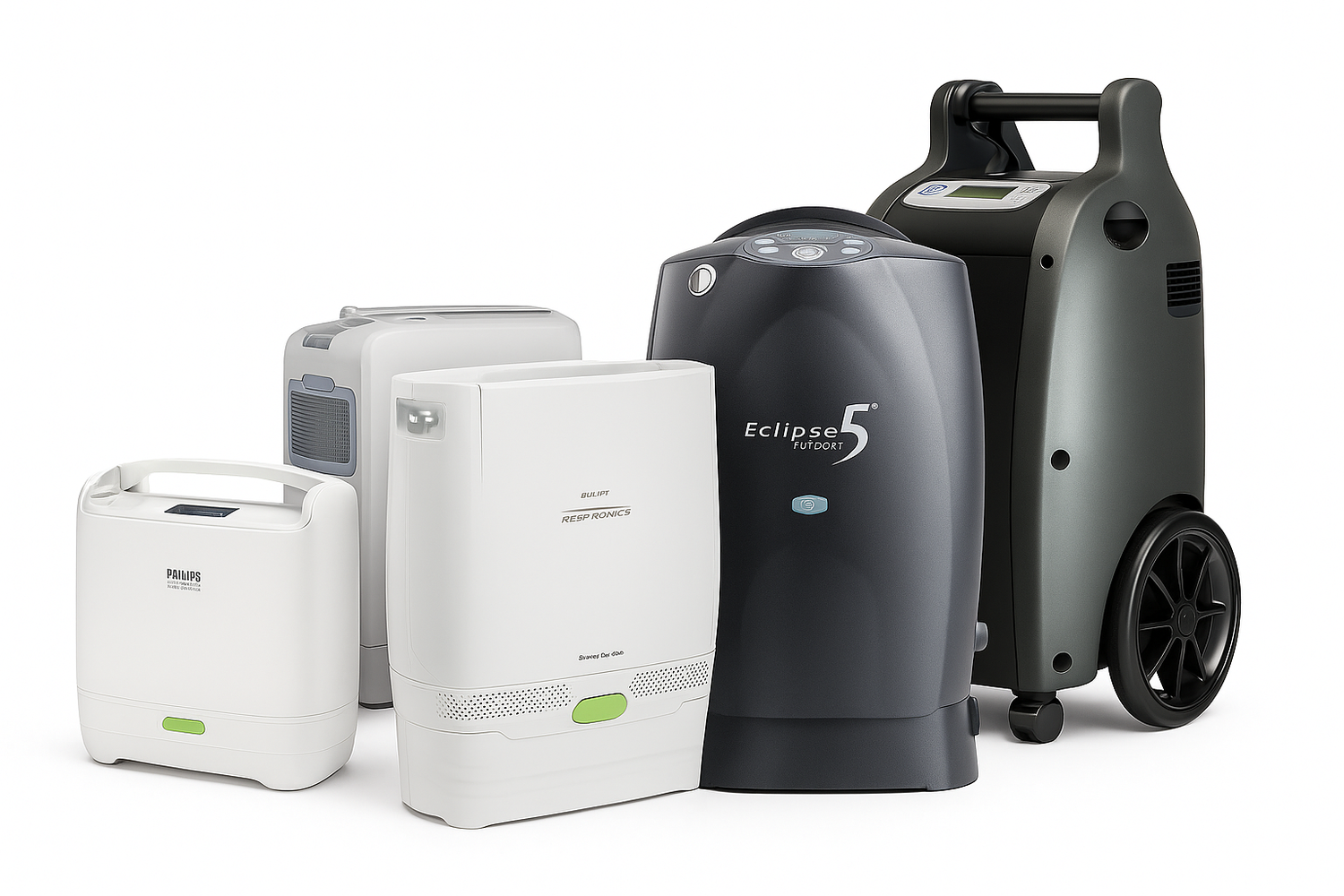
1
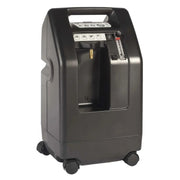
2
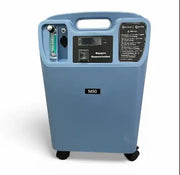
3
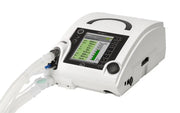
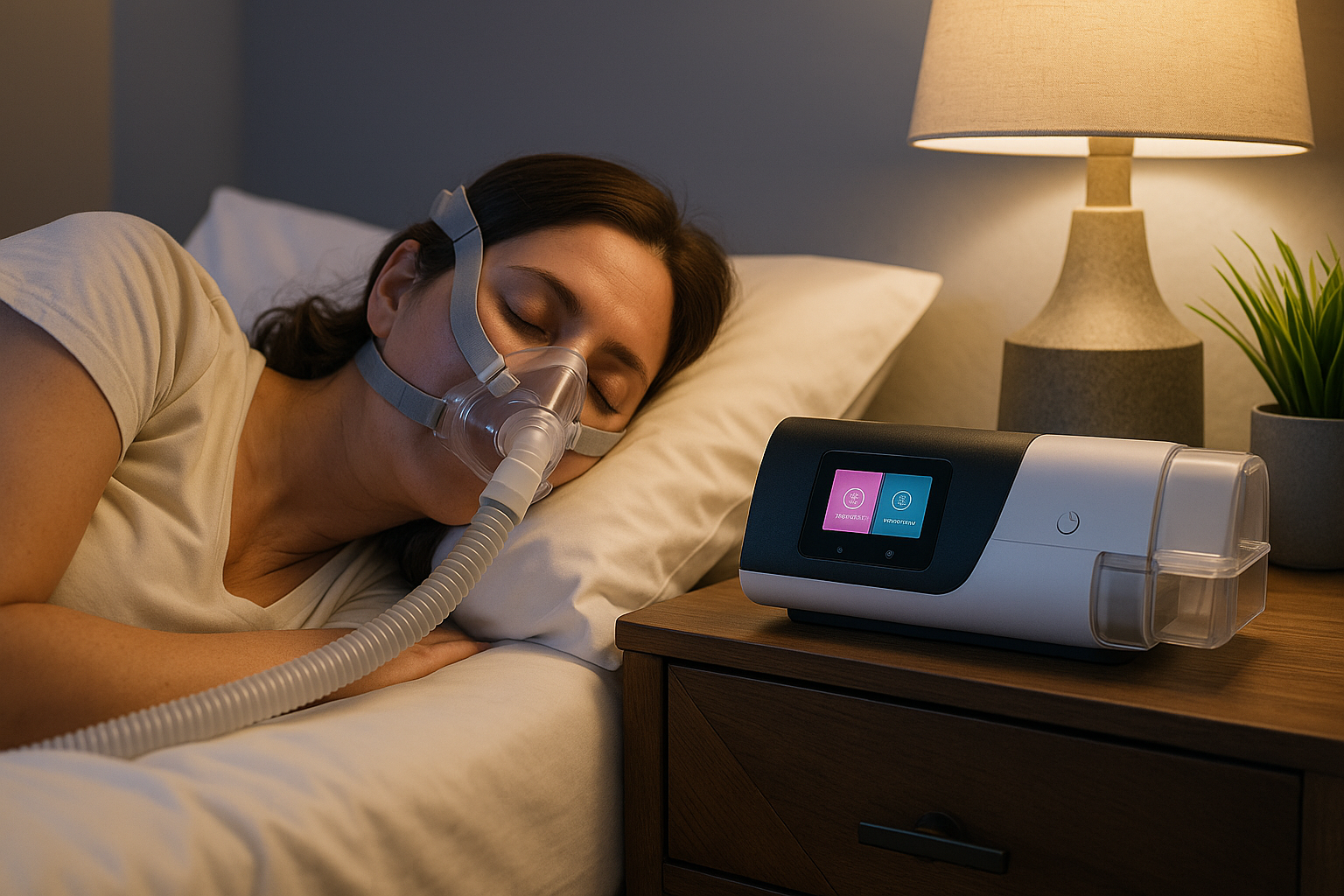
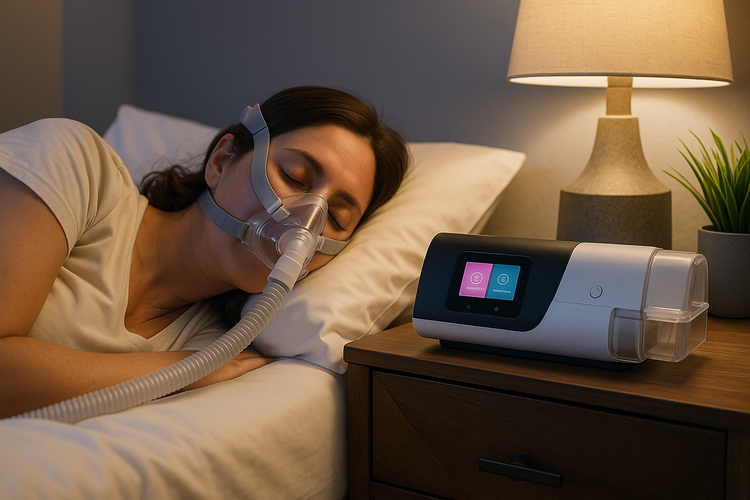
CPAP Supply News
Let customers speak for us
Our common questions
Can I return a CPAP machine?
Can I return a CPAP machine?
Unused and unopened CPAP machines can be returned within 30 days with a 20% restocking fee. No other returns are permitted. Please consult our return policy for further details.
What is a CPAP machine?
What is a CPAP machine?
CPAP stands for Continuous Positive Airway Pressure. It delivers one constant pressure throughout the night to keep your airway open. It's the most commonly prescribed treatment for obstructive sleep apnoea (OSA).
What is an APAP machine?
What is an APAP machine?
APAP means Automatic Positive Airway Pressure. Unlike CPAP, it automatically adjusts the pressure depending on your breathing needs — breath by breath. It's ideal for people whose pressure needs vary during sleep.
What is a BiPAP machine?
What is a BiPAP machine?
BiPAP stands for Bi-Level Positive Airway Pressure. It provides two pressure levels: a higher pressure when inhaling (IPAP) and a lower pressure when exhaling (EPAP). It's often used for more complex sleep or respiratory conditions like central sleep apnoea or COPD.
Which is the best machine for obstructive sleep apnoea (OSA)?
Which is the best machine for obstructive sleep apnoea (OSA)?
Every person’s sleep therapy needs are different, and finding the right machine is key to effective treatment. While CPAP machines provide a steady pressure and are the standard starting point for most users, APAP machines adjust automatically to your breathing patterns for added comfort. For those with more complex conditions, BiPAP machines offer different pressures for inhaling and exhaling. Understanding these options—and choosing a device with comfort features—can make therapy more effective and easier to stick with over time.
